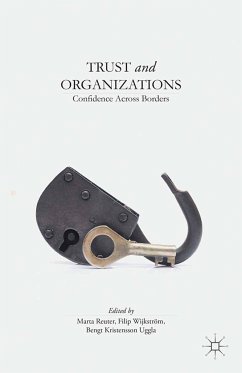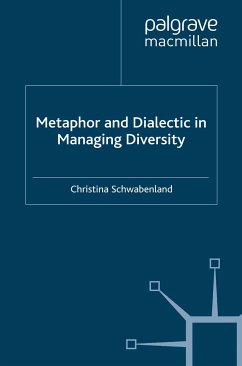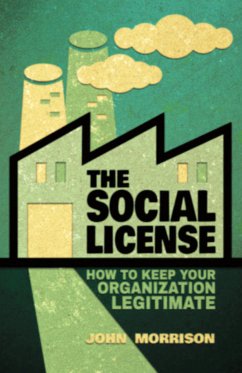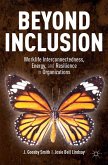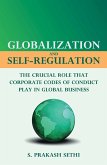Dieser Download kann aus rechtlichen Gründen nur mit Rechnungsadresse in A, B, BG, CY, CZ, D, DK, EW, E, FIN, F, GR, HR, H, IRL, I, LT, L, LR, M, NL, PL, P, R, S, SLO, SK ausgeliefert werden.
"Understanding trust in an organizational context is a highly innovative way to build a bridge between theories of organizations and theories of society. To what extent can trust be organized and to what extent is trust a precondition for organizing? In this book the contributions provide numerous and unexpected examples of the fruitfulness of this approach. It will be exciting reading for theorists of organizations and society alike." - Göran Ahrne, Professor of Sociology, Stockholm University, Sweden
"Trust and confidence are key issues in all organizational life today. This state-of-the-art volume is particularly welcome for raising new questions about the complexity, multi-dimensionality, and interdependence of trust and public life. Provides a host of new and thought-provoking answers, illustratingits insights from a distinctive Nordic and interdisciplinary perspective." - Miriam Glucksmann, Professor of Sociology, Essex University, UK

